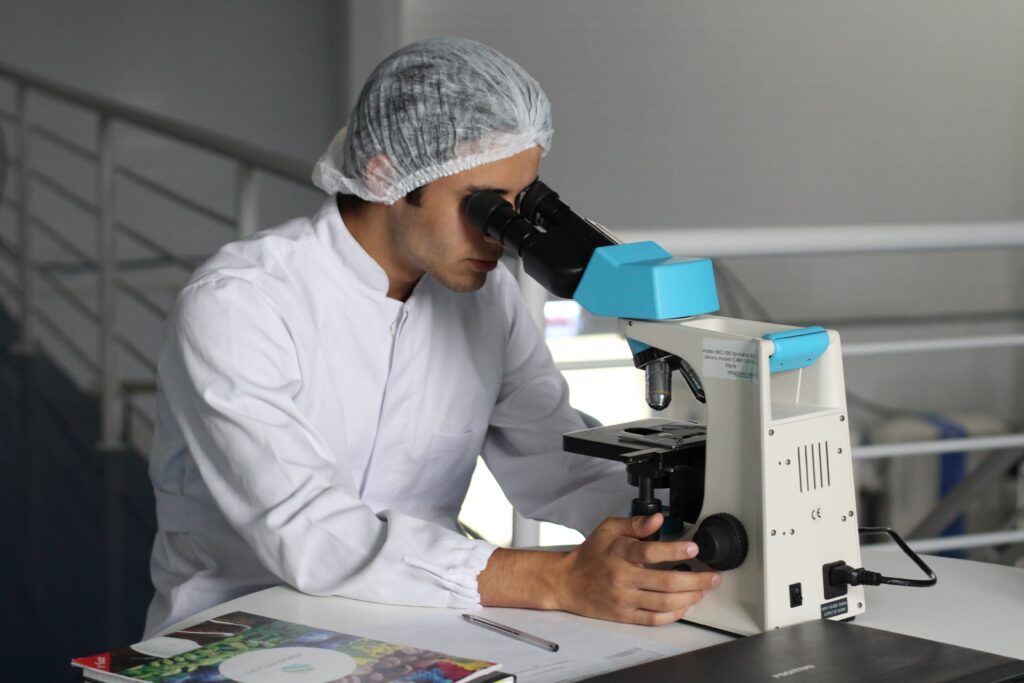Introduction: The quest to unravel the mysteries of autism spectrum disorder (ASD) continues to lead researchers down exciting and promising paths. One of these paths is autism biomarker research—a field focused on identifying specific biological markers that could aid in early detection, diagnosis, and personalized treatment. In this blog post, we will explore the fascinating world of autism biomarkers and the potential they hold for transforming the way we approach autism.

What Are Biomarkers? Biomarkers are measurable indicators of biological processes, conditions, or responses to treatments. In the context of autism, biomarkers could be genetic, biochemical, neuroimaging, or behavioral in nature. The discovery of reliable biomarkers has the potential to revolutionize the diagnosis and treatment of ASD.
Genetic Biomarkers: Researchers have made significant strides in identifying genetic biomarkers associated with autism. These markers are specific genetic variations or mutations that appear more frequently in individuals with autism. Understanding these genetic clues can lead to earlier diagnoses and personalized treatment plans.
Biochemical Biomarkers: Studies have explored biochemical biomarkers in individuals with autism, including differences in metabolic pathways, neurotransmitter levels, and oxidative stress markers. These biomarkers offer insights into potential biological mechanisms underlying autism.
Neuroimaging Biomarkers: Advanced neuroimaging techniques, such as functional MRI (fMRI) and diffusion tensor imaging (DTI), have enabled researchers to identify brain-based biomarkers associated with autism. These markers provide information about brain structure, connectivity, and activity patterns.
Behavioral Biomarkers: Observational and behavioral assessments can also serve as biomarkers. These markers involve specific behaviors or traits that are more prevalent in individuals with autism, aiding in early identification and intervention.
Potential Benefits of Biomarkers:
- Early Detection: Biomarkers could enable earlier autism diagnosis, allowing for timely intervention during critical developmental periods.
- Personalized Treatment: Biomarker-based diagnoses could lead to tailored treatment plans, optimizing outcomes for each individual with autism.
- Objective Measures: Biomarkers offer objective and quantifiable measures for diagnosis, reducing subjectivity in assessment.
- Tracking Progress: Biomarkers can be used to track an individual’s response to treatment over time, ensuring interventions are effective.
Challenges and Future Directions: While the potential of autism biomarker research is exciting, it is essential to acknowledge the challenges. Biomarker research is complex, and findings must be validated across diverse populations. Additionally, ethical considerations related to privacy and informed consent must be addressed.
Conclusion: Autism biomarker research is a promising avenue that holds the potential to transform our understanding and approach to autism spectrum disorder. As science advances, biomarkers may offer earlier diagnoses, more personalized treatments, and improved outcomes for individuals with autism. While there is still much work to be done, the journey toward unlocking the secrets of autism through biomarker research is filled with hope and promise. Autism Biomarker Research.
For more information and resources on autism, visit our website at www.fsautismcen.org. Together, we can navigate this journey with knowledge, understanding, and unwavering support.

